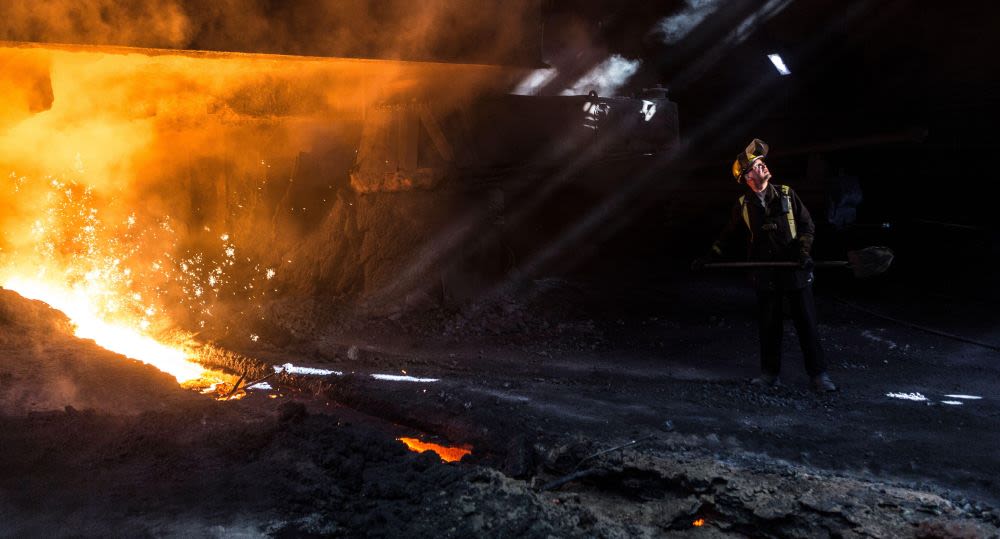
British Steel Industry Rescued: Emergency Legislation Passed in One Day
The UK Parliament has swiftly passed the Steel Industry (Special Measures) Bill, a critical piece of legislation aimed at saving the British Steel industry from imminent closure. This expedited move comes as a decisive response to the challenges facing the steel sector, particularly centered around the Scunthorpe plant, which faced the threat of shutdown.
Parliament Steps Up: A Move to Protect National Industry
Business Secretary, Jonathan Reynolds, addressed the House of Commons to emphasize the urgency and importance of the legislation. While the bill grants the government substantial control over steel companies, it stops short of nationalizing British Steel, though Reynolds noted that this remains “an option on the table”. The legislation empowers the government to manage contracts, ensure payments, and direct operations necessary for the continued functioning of steel production at the Scunthorpe site.
- Grants government authority to manage essential operations at British Steel
- Preserves the operational status of Scunthorpe’s blast furnaces
- Prevents UK from losing primary steel-making capabilities
This emergency measure comes amid heightened concerns about the fate of British Steel under its current Chinese ownership. Discussions have been ongoing with Jingye, the plant’s owner, particularly as the plant threatened to cease operations due to financial unsustainability. Jingye reported losses of £700,000 per day, prompting a consultation on potential job cuts, further intensifying the need to protect the industry.
Industry Impact and Future Implications
The steel industry is pivotal to the UK’s industrial landscape, crucial for economic stability and national security. The closure of production facilities at Scunthorpe would make the UK the only G7 nation unable to produce virgin steel, leading to significant job losses and economic ramifications. The newly passed legislation aims to prevent this scenario and bolster the UK’s industrial strategy.
Concerns about the lack of a sunset clause within the legislation were raised during parliamentary debates, addressing fears about the potential permanence of such extensive government control. However, an amendment to introduce a sunset clause was withdrawn to ensure the bill’s swift passage.
- Ensures continuity of steel production in the UK
- Secures thousands of jobs linked to the steel industry
- Reaffirms the importance of domestic industrial capabilities
This legislative action also comes as part of the UK government’s broader strategy to enhance industrial policy amid international trade tensions. Facing the backdrop of a tariff war initiated by US President Donald Trump, the UK government had to act swiftly to safeguard its domestic industries from foreign market pressures.
Looking Ahead: Political and Economic Reactions
The decision to recall Parliament from its Easter recess underscores the critical nature of this intervention, illustrating a commitment to preserving domestic industrial outputs. The discussion has not only focused on economic implications but has also triggered political discourse around industrial sovereignty and self-sufficiency in the face of global economic shifts.
This development highlights an ongoing need to evaluate and adapt strategies concerning the ownership and operation of key industrial assets within the UK, preserving the workforce and ensuring a resilient economic future. The government’s decisive action this past Saturday signals a robust approach to navigating these complex industrial challenges.



